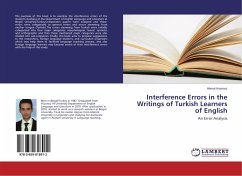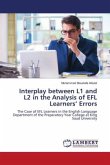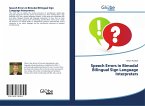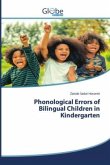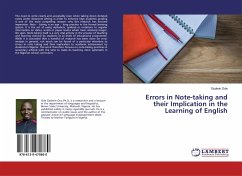When learning a new notion, a new knowledge, a way of acting or behaving, man always makes mistakes. This justifies the fact that current foreign language teaching methods, with the exception of auditory-oral and situational methods, regard error as a natural phenomenon in learning, as inseparable from this activity. This is a belief held by Perdue (1980) and Brown (1987), among other didacticians, in the clearest terms: ''Indeed, if learning French as a foreign language is a cognitive activity that consists in making and verifying hypotheses about its structures, the learner will inevitably make mistakes'', says the former; while the latter asserts that in learning a language, whether first language (L1), second language (L2) or foreign language (L3), learners always make mistakes.Learning French as a second language is always accompanied by errors, whatever the reference language and whatever the learners' abilities. These errors appear both orally and in writing.
Bitte wählen Sie Ihr Anliegen aus.
Rechnungen
Retourenschein anfordern
Bestellstatus
Storno


